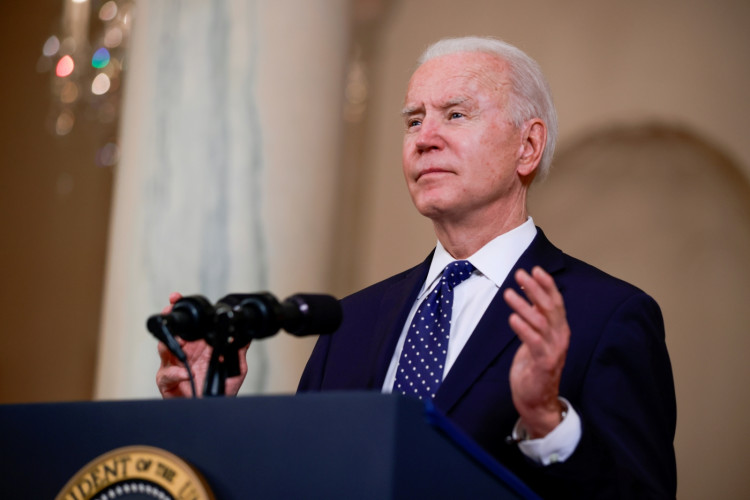The credibility of allegations linking President Joe Biden and his son Hunter to a Ukrainian energy company, Burisma, has come under scrutiny following charges against Alexander Smirnov, a former FBI informant. Smirnov is accused of fabricating information about the Bidens' involvement with Burisma, according to prosecutors. This development casts a shadow over a key narrative that has fueled political debates and an impeachment inquiry led by House Republicans.
In June 2020, Smirnov allegedly provided the FBI with false claims, stating that Burisma officials paid $5 million each to Joe and Hunter Biden in 2015 or 2016, as per reports from NPR. These allegations have now been challenged by an indictment that accuses Smirnov of disseminating "false derogatory information" and misleading federal investigators, despite previous warnings to adhere to the truth.
The indictment, detailed in Fox News, highlights Smirnov's initial interaction with Burisma executives in 2017, where discussions were purportedly centered around business endeavors, including the acquisition of a US company and a potential initial public offering (IPO) in the United States. Hunter Biden's role as a board member of Burisma was publicly known and mentioned during these conversations.
However, the narrative took a controversial turn in 2020 when Smirnov introduced allegations of a $5 million payment to the Bidens, purportedly for protection and assistance in handling a criminal investigation. These claims, according to the indictment, were baseless and misrepresented Smirnov's earlier interactions with Burisma, which occurred when Joe Biden was not in a position to influence US policy.
This indictment not only questions the veracity of Smirnov's claims but also impacts the ongoing impeachment inquiry against President Biden led by House Republicans. The allegations of bribery, central to the inquiry, now appear to be founded on misinformation, prompting calls from figures such as House Oversight Committee Ranking Member Jamie Raskin for Republicans to reevaluate the basis of their investigation.
Despite the challenges posed by the indictment, House Oversight Republicans have expressed their intention to continue the inquiry, indicating that their concerns extend beyond the specific allegations made by Smirnov. This stance reflects the broader political implications of the investigation and the complex dynamics at play.
As the situation unfolds, the focus shifts to the integrity of the impeachment inquiry and the political ramifications of relying on potentially flawed information. This case serves as a reminder of the critical need for due diligence and verification in the pursuit of truth, especially in matters of significant political consequence.






